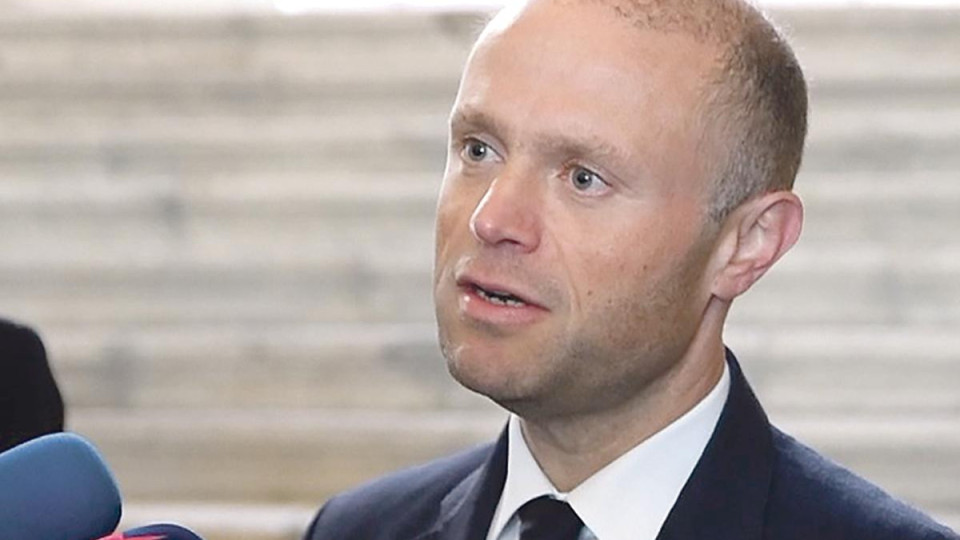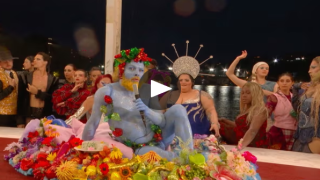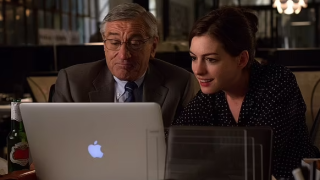The burning question on people’s chapped lips is whether Joseph Muscat should pack his bags and leave. His government is in a mess. Malta is in a mess. And we are all in a mess trying to keep pace with a scenario that changes by the hour.
Those who have been campaigning for justice since the assassination of Daphne Caruana Galizia vehemently argue that he should step aside immediately; their principal reason being that by failing to remove Keith Schembri and Konrad Mizzi in 2016, when the leaked Panama Papers revealed their links to offshore companies, he fostered a climate of impunity that led to the journalist’s murder.
While one certainly cannot dismiss that notion, it does stretch causation to its absolute limit. Yes, certain people may have become more brazen in a country where vital institutions have been eroded beyond recognition; but to an extent that they felt they could quite literally get away with murder? And even if they felt it, could they?
A somewhat distinct but linked question is whether Muscat had a duty to remove Schembri and Mizzi at the time these damning revelations emerged. Logic would dictate he did. But Malta is not a land of logic. It’s a parliamentary democracy. The Prime Minister called a premature election in 2017, when these allegations were already known, and won by the biggest landslide in history. His actions, or lack thereof, were effectively endorsed.
There is another issue to consider: Let’s imagine for a minute that Muscat does throw in the towel tomorrow. What happens next? Will Malta emerge with a Prime Minister capable of leading it through this difficult period, or with a personality who will do all they can to sustain the status quo? Taking this great leap into the dark may not only be premature; it could actually lead the country into a worse place, when what’s required is clarity, integrity and certainty.
Labour are undoubtedly facing the most difficult period since the party was returned to power in 2013. But crucially, they still hold the electoral cards and are not about to hoist them with a petard for anyone’s cause. Quite the contrary, the more they feel under siege from their political enemies, the less likely this scenario becomes and Muscat’s popularity is such that they may rally behind him.
To compound matters, the Nationalist Party is hardly in a position to step up to the plate given the internal warfare that exists within – only now are the various factions beginning to wake up to the folly of division – and even if it did, it has no realistic chance of being elected in the near future.
"There comes a point when a leader becomes complicit to impunity by his very failure to act"
This is the rather pitiful political situation Malta is in. So what should happen?
There are no easy answers given the rapidity of developments. But political history has shown us two things: one, that finding solutions to national crises sometimes takes time; two, that change likely needs to be driven from within, which in this case can only happen if Labour are themselves convinced.
Buying time has been the government’s approach ever since the Panama Papers became public and Muscat is continuing to apply this strategy through his vague pledge that he will leave once the Caruana Galizia investigation is concluded.
The stopwatch, however, may no longer be in his hands. Time has finally run out for Schembri and Mizzi, who cannot continue to hold political office in light of their alleged connections with Yorgen Fenech, the alleged mastermind behind the murder who has now requested a pardon, and, if the Prime Minister fails again to act in their regard, the pressure will be relentless.
Where does this leave Muscat? He will no doubt argue – in spite of people’s severe discomfort at the wholly inappropriately role he has assumed in the investigation – that he has acted in exemplary fashion since the alleged middleman in this crime was arrested and that his involvement is necessary because previous high profile political killings remained unsolved.
However, aside from his obvious connections to Schembri and Mizzi, one lingering question remains: how long has he been aware of the identity of the alleged mastermind?
He previously made somewhat cryptic statements about being briefed on certain investigations without being given details, but an interview he gave to The Malta Independent six months ago may belie his narrative.
When asked if he believed the Caruana Galizia killing was a political murder, he responded as follows: “Let me say something which is obvious. It was definitely not me. I am not an investigator, so I cannot tell you if it was a political murder or not. I am convinced it was not but, on the other hand, I am not an investigator who can collect evidence.”
At best he was hedging his bets; at worst he possessed knowledge and was laying the groundwork for the moment when the Caruana Galizia murder was going to become a major political problem.
Whatever the case, there comes a point when a leader becomes complicit to impunity by his very failure to act.
But his reckoning could be an unhelpful distraction at this stage given all the complications it presents. The priority for the nation must remain delivering justice for the killing and ensuring that a climate exists where this can happen.
Steve Mallia is a former editor-in-chief of Times of Malta.








Leave a comment